What is the best age to start a business? The most successful Entrepreneurs who started in their 30s
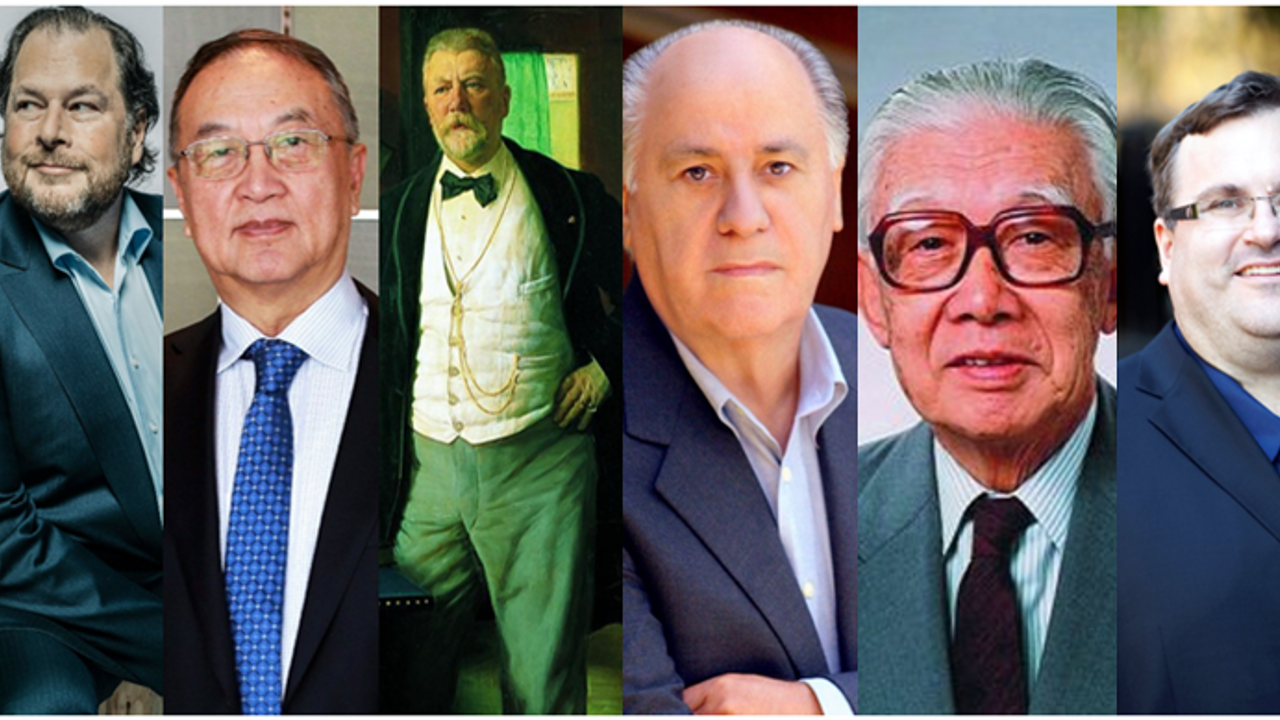
For some of the most famous entrepreneurs in the world, success comes early.
We have all heard or seen the story of Mark Zuckerberg, co-creator of Facebook while only 19 and studying at the University of Harvard. Zuckerberg was a billionaire at 23. Or Evan Spiegel, who co-founded Snapchat when he was 20 years old and, by the age of 26, had become one of the richest people on the planet.
Research has shown that the majority of people, when asked to describe an entrepreneur, they think of a “tech guy” in his early 20s, who dropped out of an elite university and created some sort of innovative mobile application, an online platform, or an advanced software program.
However, this is a "common myth", according to Business.com.
Although very young entrepreneurs get a lot of fame and recognition quickly, statistics show that most successful businesses were started by businessmen and women in their 40s.
In fact, for many of the world's successful business moguls, the journey to leadership came later in life, after numerous failures, hardships, challenges or even bankruptcy.
So, what is the “right age” to start your own business?
Here are some examples of well-known entrepreneurs who found success later in life:
Reid Hoffman – created LinkedIn at 36
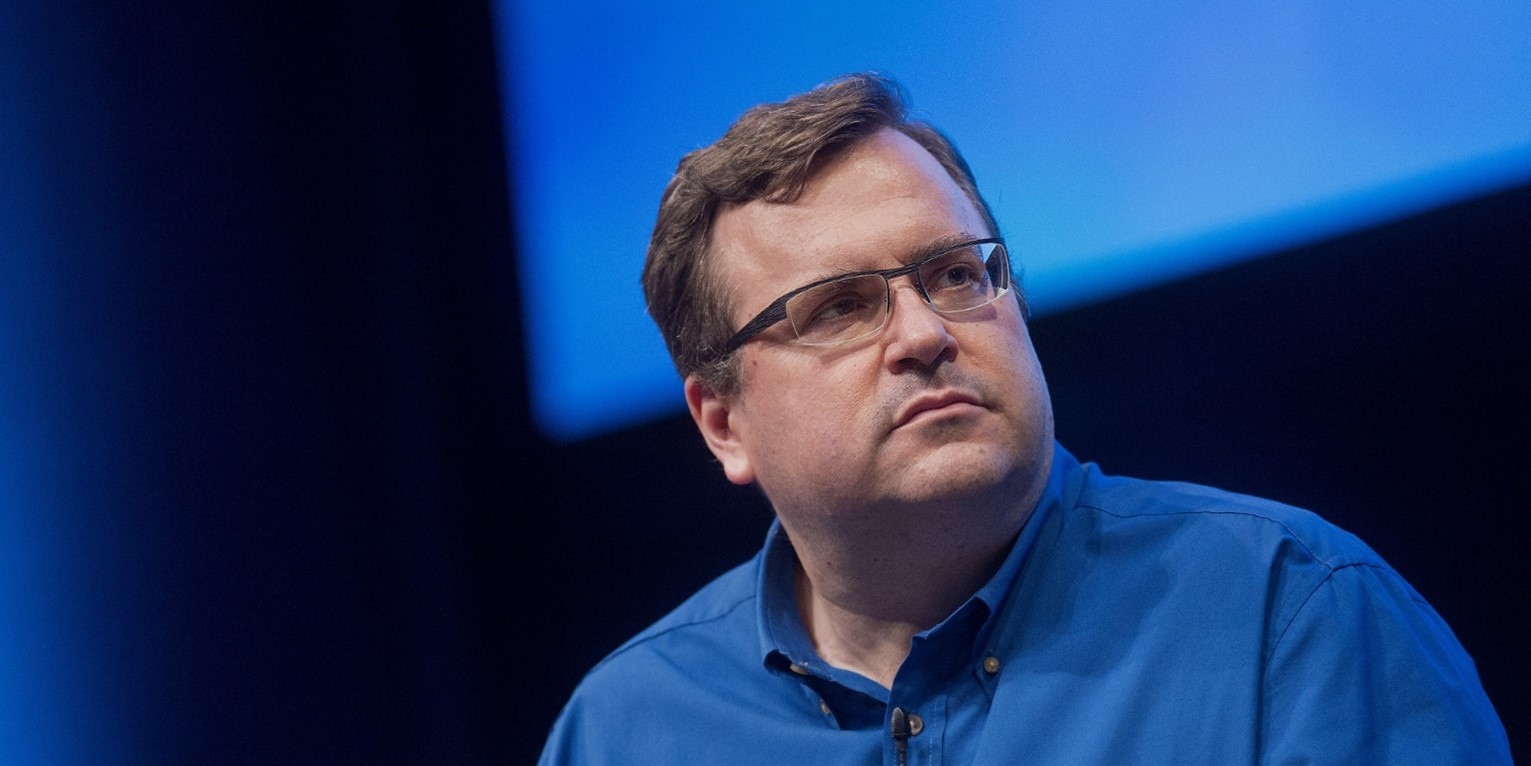
Reid Hoffman, from Palo Alto in California, worked in various roles, in many different companies, while also trying to start his own business.
After graduating from Stanford University and the University of Oxford, with his bachelor’s and master’s respectively, he worked at Apple Computers and Fujitsu, among other corporations. His first company, SocialNet.com, focused on online dating and launched in 1997. Two years later, he abandoned it and started working with the Board of Directors that founded PayPal.
In 2002, after several different start-up ideas and launches, at the age of 36, he co-founded LinkedIn with some of his friends and colleagues.
His new business networking platform required several years to gain popularity in the business community, making Hoffman a billionaire in his mid-40s. Hoffman has since invested in over 20 companies, and has partnered with numerous venture capital firms, such as Greylock Partners.
“The fastest way to change yourself is to hang out with people who are already the way you want to be.” ~ Reid Hoffman
Masaru Ibuka – created SONY at 38
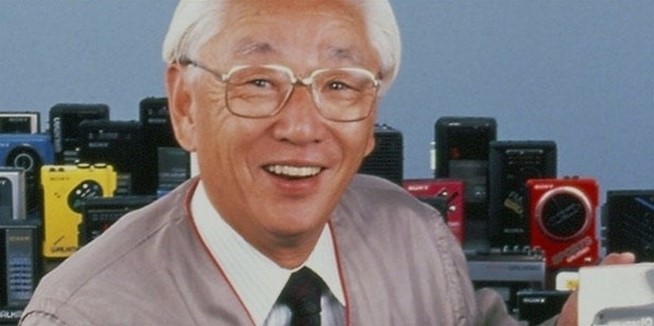
When he created the Japanese colossal corporation SONY, Masaru Ibuka, had no plans of becoming a businessman, an entrepreneur or a pioneer in the field of technology.
Growing up without parents, Ibuka, had a strong inclination and passion towards audio and video technology. After graduating from Waseda University, he worked in various companies, applying his knowledge and gaining additional experience, before being asked to join the navy during World War II, where he built night vision devices and radar systems.
In 1946, after leaving the navy, a fellow soldier and researcher, Akio Morita, joined forces with Ibuka and funded his ventures and business endeavors. After years of attempts to launch a new business, Ibuka and Morita founded the Tokyo Telecommunications Engineering Corporation, which became known as Sony Corporation in 1958.
“The key to success for everything in business, science, and technology is never to follow the others.” ~ Masaru Ibuka
Amancio Ortega – created ZARA at 39
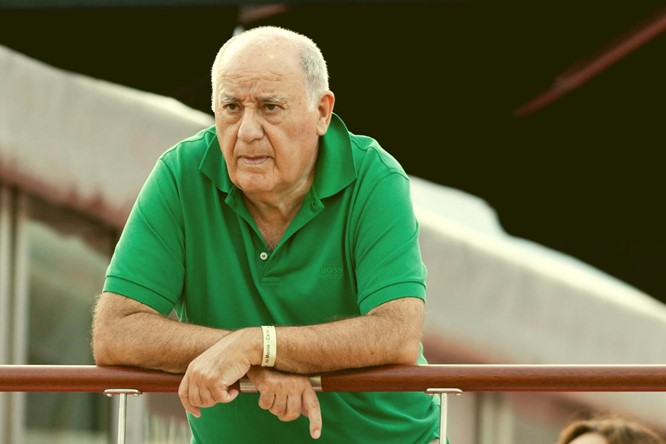
Amancio Ortega from Spain is considered today the most successful entrepreneur in the fashion retail world, and for a brief period of time in 2015, his earnings surpassed those of Bill Gates and Jeff Bezos.
With a limited access to education and a great passion for garments, Ortega started building businesses at 14 years old. Ortega started ZARA at the age of 39, taking over a decade to establish it a household name. He became a billionaire in his 50s.
His success came when he started creating a new trend in the fashion world, something that most of his peers were ignoring and dismissing at the time. While working for over 15 different retail companies, he noticed that the purchase of expensive clothes is an extremely small percentage of the total amount of clothes that people buy. Therefore, he started buying very cheap fabrics, and sewing a limited collection of his own patterns and designs.
After several failed attempts to launch ZARA – and later the Inditex Corporation – Ortega made his business a global brand in the early 2000s, and has since strived to always stay a few steps ahead of his competitors, by constantly innovating and starting new trends.
“One thing that does not change when you are an entrepreneur is the innovative spirit and urges for improvement that were the driving force when you started.” ~ Amancio Ortega
C. Jacobsen – created Carlsberg at 35
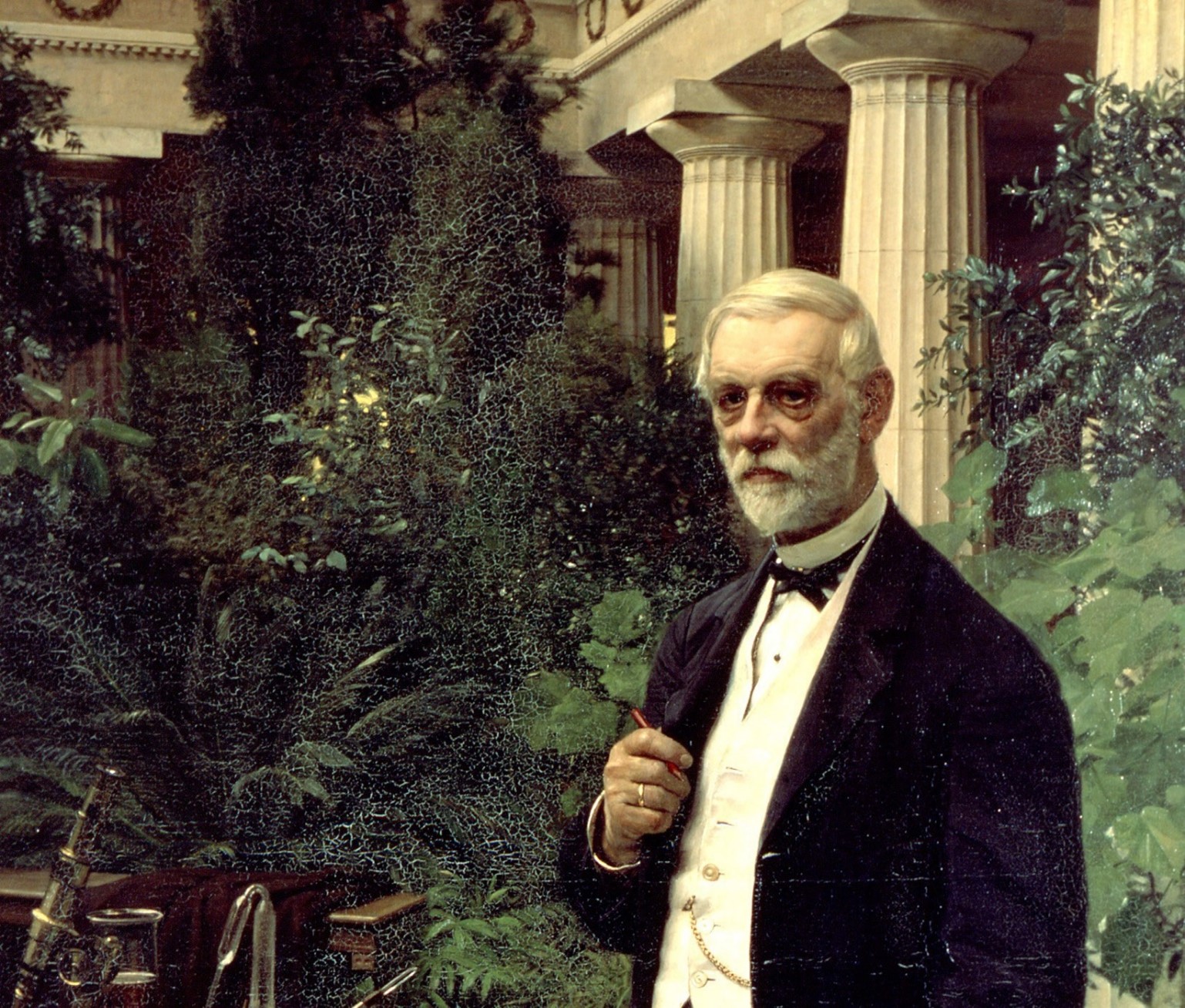
C. Jacobsen from Denmark worked as a small business owner for almost 30 years, before expanding his company and finding international success.
Without any formal academic training, but with a great talent in public affairs, Jacobsen saw a need in the market to create an affordable, but also high-quality beer, brewed with the best scientific methods and standards of the time.
He established his own little brewery named Carlsberg – where the company is still based today – and in 1875 he founded the Carlsberg Laboratory and made the famous beer widely accessible around the world. He was also one of the very first entrepreneurs to prioritize environmentally friendly methods and approaches.
He became a millionaire in his 60s and as he had explained, the biggest pleasures to a real entrepreneur are to pass on the knowledge and share it with the rest of world, mentor aspiring entrepreneurs and leave a successful legacy behind.
Liu Chuanzhi – created Lenovo at 40
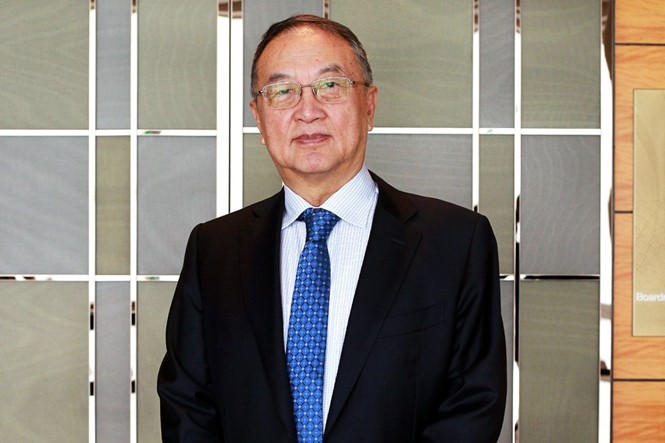
Liu Chuanzhi is the founder of Lenovo, which is currently the largest computer maker in the world, and although he started his entrepreneurial endeavors as a college student, he only found success in his 40s, after repeatedly trying to launch his computer start-up.
Along with 10 of his colleagues and classmates, and a budget of less than 30,000 USD, Liu co-founded, the New Technology Development Company, which was later named Legend, and is now known as Legend Holdings Ltd.
Even with little success, Liu believed in investing in other companies as a form of gaining power in the business world, and over the last decade he has expanded his work ventures in three different industries: IT, equity investment and real estate.
Talking about becoming a billionaire later in life, Liu stated on the Financial Times that “I was 40 when I became a business owner. People who were older than me, thought that they did not have a chance. And so, I am especially grateful that I still got the opportunity late in life to be an entrepreneur.”
Marc Benioff – created Salesforce at 35
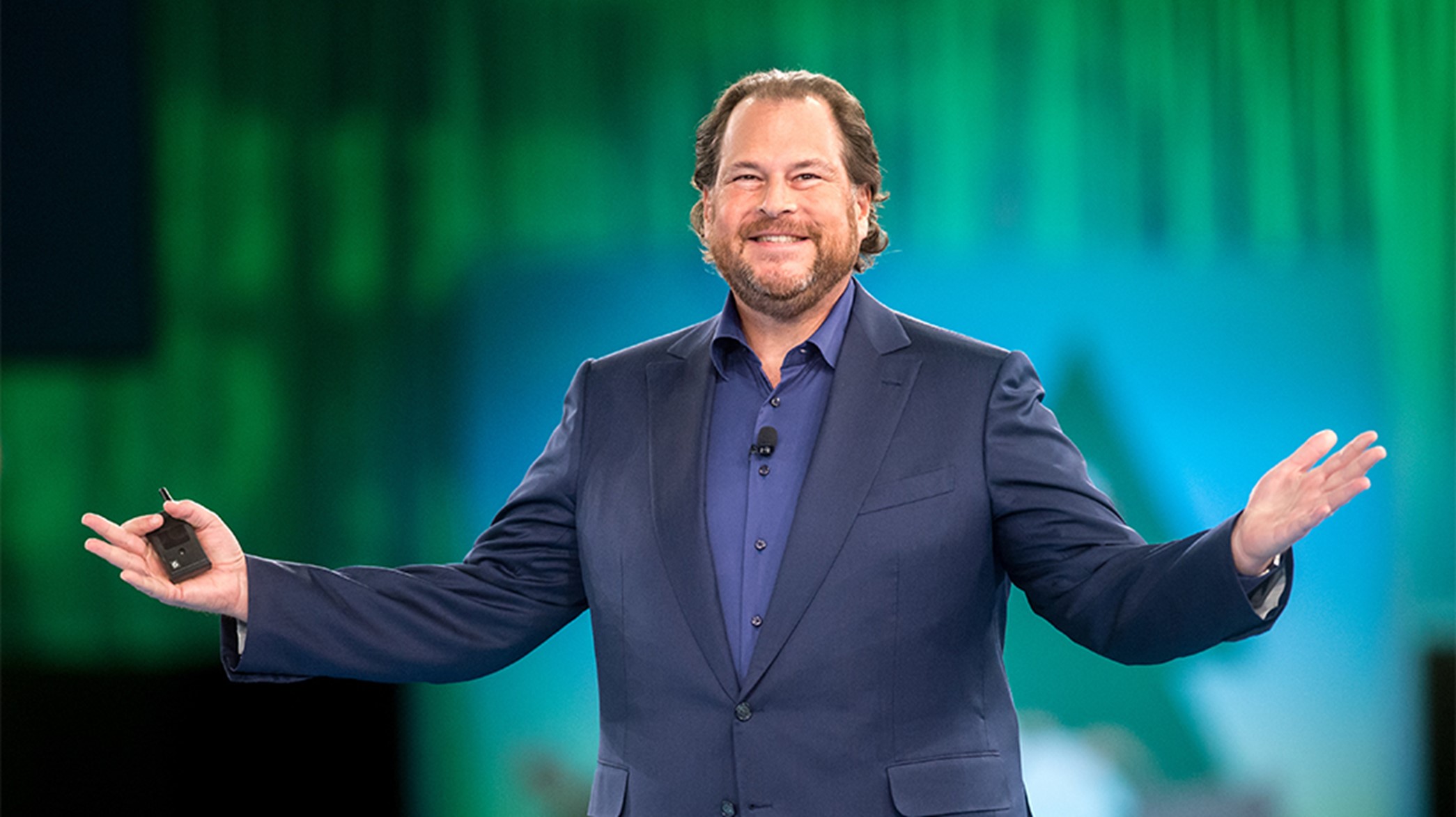
Marc Benioff from San Francisco, California, showed his interest in sales and business as a high school student, and created his first application at 14 and his first company at age 15, called Liberty Software.
While working for Apple Inc. as a college student for several years, he helped develop Macintosh, and then went to become the youngest VP at the history of Oracle at 26. Although, as he described, he had success and wealth, he did not feel satisfied in these roles and wanted to become his own boss and build his own business.
At the age of 35, he left Oracle and pursue his goals to start a cloud-based software company that revolutionized the tech world, and is known today as Salesforce.
“You need to get to the future, ahead of your customers, and be ready to greet them when they arrive. You must always be able to predict what is next and then have the flexibility to evolve.” ~ Marc Benioff
So, what is the best age to start a business?
Whether or not entrepreneurs are more likely to succeed if they start their business ventures at a young age, is a topic that has long been debated in the business world.
Contrary to what most people believe, the widespread involvement of young people in entrepreneurship has been considered “problematic” in many cases, because while they are usually characterized by greater passion and dynamism than older people, they lack the experience, knowledge and possibly the appropriate networking that might improve their chances of success in their ventures.
Additionally, the age of the entrepreneur positively affects the possibility of his or her involvement in the so-called “development entrepreneurship”, which is entrepreneurship that can create many jobs.
According to a research by the Kauffman Institute, the average age of starting entrepreneurs in the US is older than 35 years, and studies have shown that middle-age business founders are 2-3 times more likely to succeed than those who are under the age of 30.
Moreover, there is a positive correlation between profitable start-ups and factors such as founders with richer professional experience and a higher level of education, as well as higher quality human capital, all of which come with age.
So really, the best time to start a business is NOW.
There is not a “right age” to become an entrepreneur, simply because you either are one or you are not, at any stage of your life.
Part of being an entrepreneur means having innovative, creative and life changing ideas. Such ideas can happen in any industry, they do not have gender or origin, and they definitely do not have age.
If people and values, having objectives, learning new things, being productive, creating something new and seeing changes as opportunities, all give your life a meaning, a deep fulfillment and a challenge, then the path to entrepreneurship is right for you.
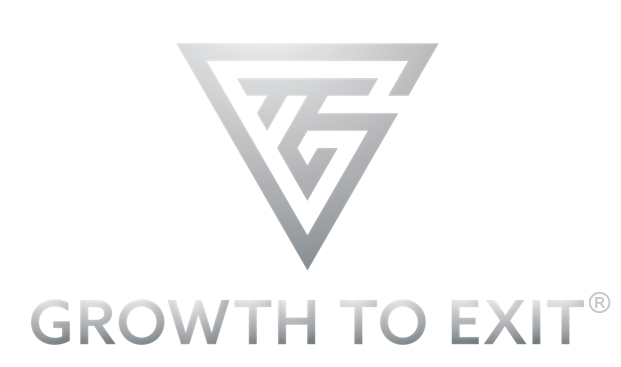
Photo credits: itspossible.gr, scmp.com


